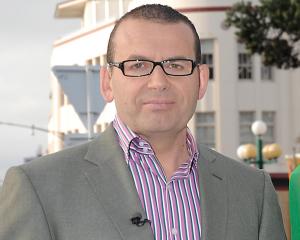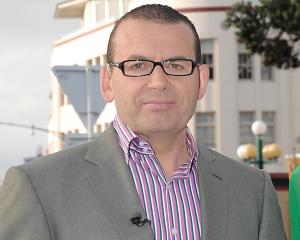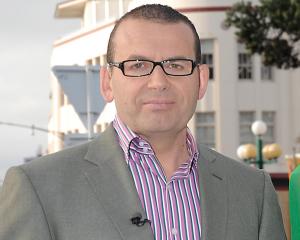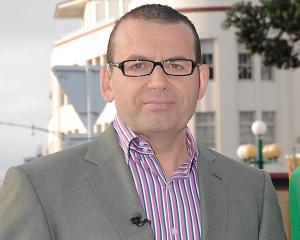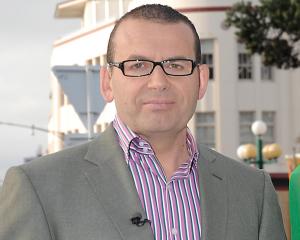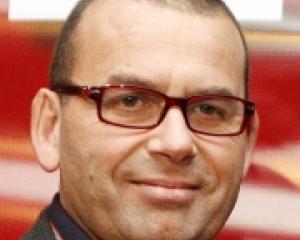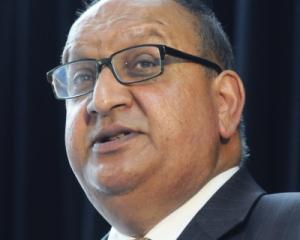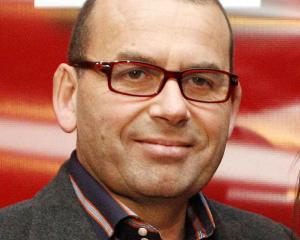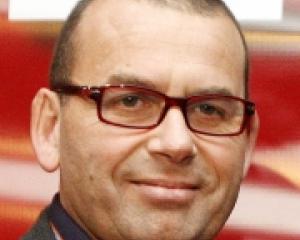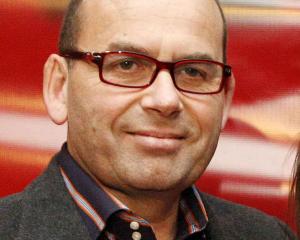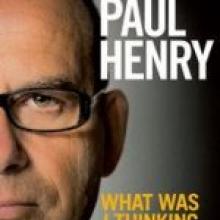
Personally, I enjoy the biographies of famous people overcoming the odds and making good, and What Was I Thinking is no exception. What quirk of nature singles out a young man or woman from humble beginnings for stardom, fame and riches when their siblings remain unknown?
Not that Paul Henry had any siblings, but he does have a mother who worked in a tobacco factory, and would probably be living in a council flat in Bristol had she not met Paul's father.
Yes, although his "mum" is firmly in the picture, it's Brian Henry Hopes who's the axis around which Henry spins his tale, a man who taught himself engineering from library books, emigrated to New Zealand overland in a Bedford van, and got really cross when he discovered his wife, who came out later, was pregnant, as he never wanted children.
Hooked from the very first page, and enjoying delightful asides in a thankfully different typeface from the main text, (which is practically invisible - my only grouch) readers will find What Was I Thinking difficult to put down.
That's because Henry's life has been so much more interesting than the geeky facade presented on television. As the numerous photographs make clear, without his glasses he's not geeky at all, quite macho-looking in fact, and very believable as a risk-taking foreign correspondent whose forays into Uganda, Cambodia and Iraq keep his employer, Radio Pacific, on the cutting edge of news reporting.
He's equally convincing as the entrepreneurial founder of Wairarapa's first commercial radio station, and the National candidate for the "safe" National seat of the electorate of the same name. It's just a shame that the huge swing against National that year stopped him getting into Parliament. I believe him when he says, "I could have been Prime Minister by now." And he would have made a good one, provided of course, he learned to keep him mouth shut.
If you stopped liking Paul Henry after his last and loneliest gaffe you may learn to like him all over again for this entertaining and heartfelt memoir. No, he doesn't regret anything, and holds fast to his beliefs and opinions. But, yes, as with attention-seekers the world over, life out of the spotlight doesn't provide the necessary job satisfaction.
Non-swimmers thrown into the sea, as Paul Henry was by the father who never wanted children, have to strike out or drown. Neglected children can become driven adults with something to prove. "So what," you might think, "haven't we all?
" But whatever your opinion of the man, you won't find many "close to home" memoirs as newsy, entertaining or as interesting as Paul Henry's, a book that should top the bestseller charts, even though you might think he doesn't deserve it.
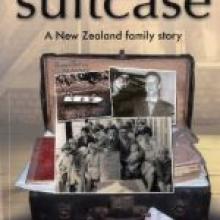
Perhaps that's because Graeme Horncastle writes, and writes about, Kiwi blokes and their families, with a Barry Crumpish tone and swagger. Originally from Nelson, the family moved about a bit before Graeme's father, Jim, made what turned out to be a bad decision by buying a swampy 300-acre dairy unit at the mouth of the Little Wanganui River, near Karamea, on the northwest coast of the South Island. Readers familiar with West Coast folklore - ruggedly independent types doing their thing - can imagine the number eight wire scenario.
The family never made enough money from the farm to make a living, which meant Jim had to turn a very practical hand to devise other means, including building fishing boats and taking on a milk-delivery run in Westport. Meanwhile, mother Noeline kept the family fed and clothed between pregnancies, 12 in all.
As painted by Graeme Horncastle, Jim is one of New Zealand's great eccentrics, and with such a role model it's easy to see why Graeme inherited some of his less desirable characteristics, including a love for beer, consumed in pubs after hours as was the West Coast style. Years later, with his parents long gone, and his own marriage in tatters due to a drinking problem and the early death of a beloved daughter, Graeme finds an old suitcase of his father's in the attic.
Containing papers, letters and photographs from the Horncastle family's distant past, it provides the perfect antidote for grief and depression, and the stimulus to put his family's story down on paper. This includes a steady rise up the business ladder due to hard work and business acumen, ably assisted by his wife, Maureen.
With a narrative that seldom flags, handsomely presented glossy paper stock, and lots of photographs, readers can share in the highs and lows of the Horncastle family and perhaps wonder what it is about Kiwis that makes us such interesting people.
- Ian Williams is a Dunedin writer and composer.

